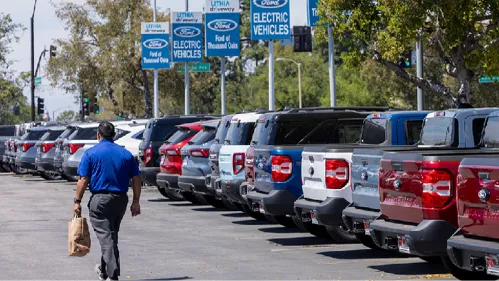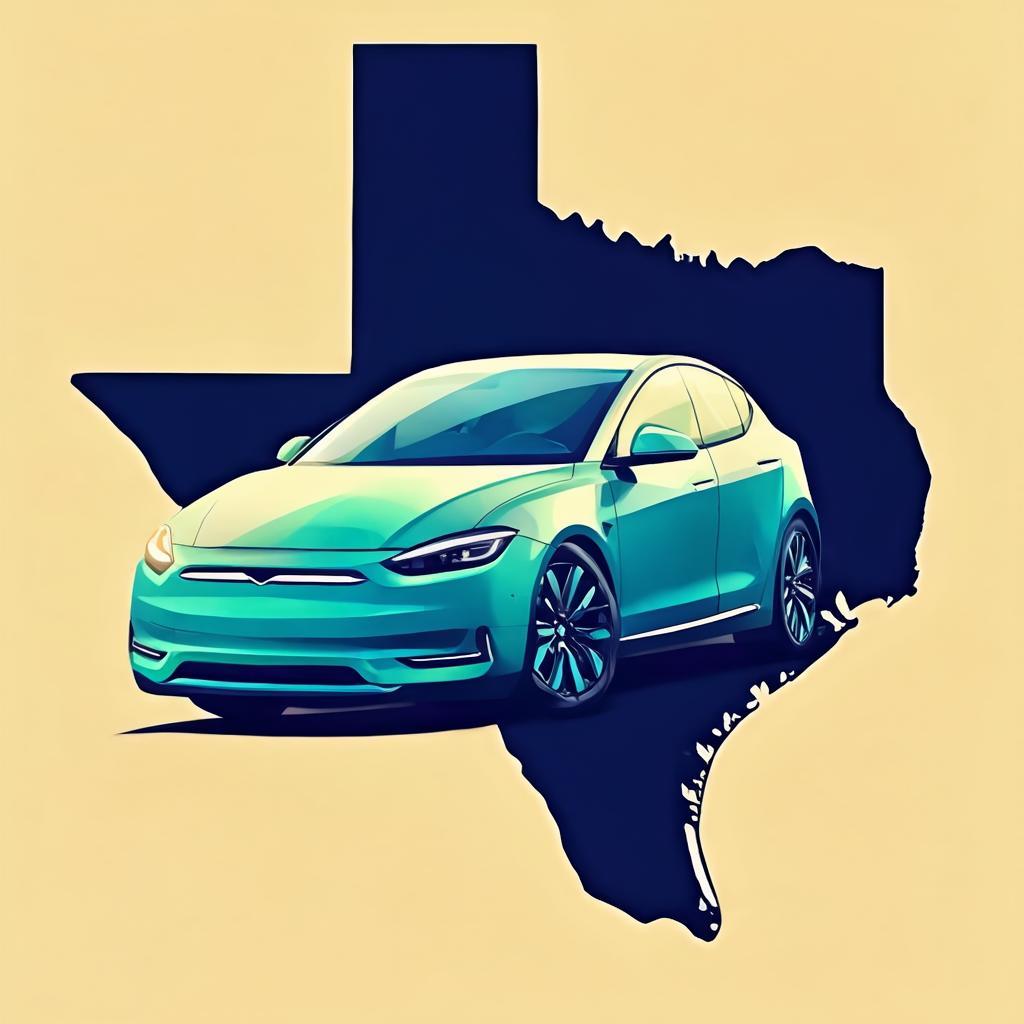US Tariffs Pressure Automakers Spark Price Hikes Ahead

American automakers, including giants like Ford and General Motors, are grappling with the financial strain of escalating tariff costs associated with international trade. These tariffs are projected to inflict billions in losses, which will inevitably lead to price hikes for consumers.
General Motors, recognized as the leading automaker in the United States, has disclosed a significant 35 percent decline in net income for the second quarter. This downturn can be largely traced back to tariffs, which have already burdened the company with an additional $1.1 billion in expenses. Analysts estimate that this tariff impact could accumulate to between $4 billion and $5 billion annually.
Ford, sitting as the second-largest automaker in the U.S., is anticipated to face a $3 billion impact on its earnings for the coming year. Notably, $800 million of this amount is expected to stem from tariff-related costs incurred in the second quarter alone. Ford's heavy reliance on aluminum, combined with tariff-induced pricing pressures from its suppliers, has contributed to this financial burden.
Similarly, Stellantis, the parent company of popular brands such as Jeep and Chrysler, reported losses totaling $350 million linked to the tariffs imposed on international trade.
The automotive sector largely relies on foreign components, with estimations suggesting that around half to possibly 60 percent of parts used in vehicles assembled in the U.S. come from overseas suppliers. This heavy dependence leaves automakers vulnerable to changes in tariff policies.
According to the consulting firm Anderson Economic Group, the added costs per domestically manufactured vehicle due to tariffs could hike between $2,000 and $3,000. For now, automakers have tended to absorb these costs in an attempt to retain customers, but industry analysts predict that price increases are likely imminent.
Lenny LaRocca, a partner at KPMG, indicated in an interview with The Wall Street Journal that substantial price increases from U.S. automakers are expected to commence early next year, reflecting the industry's growing financial pressures.
Cox Automotive has projected that prices for imported vehicles could surge by as much as $5,000, potentially pushing the average cost of a new car beyond $50,000 by year's end.
The continuous erosion of profits in the automotive space is not only impacting current operations but also curtailing the capacity of these manufacturers to reinvest. The U.S. administration's suggestions for relocating assembly lines come with significant challenges, as establishing new factories can require billions of dollars in investment and years of construction.
Additionally, analysts from Bank of America have pointed out that for many suppliers, paying a 25 percent tariff remains more financially viable than the complex and costly process of relocating production facilities to the United States.
Read These Next

Stakeholder Impacts of Shenzhen Anyan's Share Reduction
This commentary discusses the recent share reduction by Shenzhen Anyan Investment Partnership and its implications for the company’s governance, market perception, and broader investment sentiments. It contextualizes these events against historical financial trends while addressing the risks and opportunities for stakeholders moving forward.

Tesla Robotaxi gets permit for Texas ride-hailing service
Tesla has been granted a permit to operate a ride-hailing service in Texas, allowing it to compete with companies like Uber and Lyft. This news highlights significant developments in the autonomous vehicle sector and raises questions about regulatory implications, technological advancements, and market dynamics.

Beijing Eases Homebuying Rules to Revitalize Property Market
Beijing eases homebuying rules from Aug 9, allowing residents and non-residents with 2 years of insurance to buy homes unrestricted.
